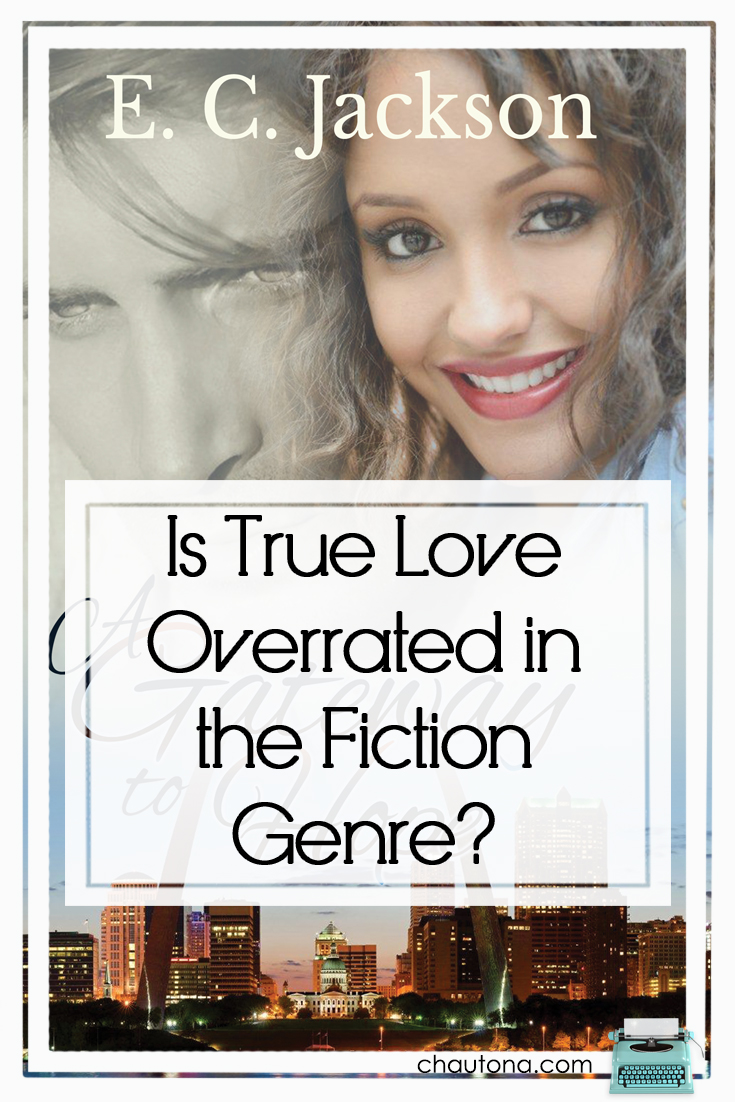
Is True Love Overrated in the Fiction Genre?
Sometimes, it really feels like it. I’m just sayin’. You read posts and listen to conversations and all of a sudden, that priest guy in The Princess Bride fills your mind and all you can hear is “Wuv… twue wuv…”
Gag.
But here’s the thing. God created this thing called love. He uses the imagery of a bridegroom’s love and devotion to his bride as a picture of just how devoted He is to us. So this whole “true love” thing has to have something good about it.
But sometimes… I wonder. I mean, what is “true love” anyway? Is it honest? Well, I think it has to be. Sincere… probably. That might be what true means in that context. Regardless, it should be, right? Perhaps “steadfast” or “loyal”?
Merriam-Webster says true for love means “properly so called.”
Gotta be honest… I understood it better before I ran across that definition.
I went through every book, every movie, every TV show I’ve ever seen and tried to pick out examples of “true love” in each one. First, I recalled my Mac in Not a Word. I’d say that’s true, steadfast, love right there. Then there was Ray in Magic of Ordinary Days. He’s definitely steadfast and true. But then I recalled probably the most beautiful picture of “true love” in any story I can think of.
Doctor Who. Rory. As the centurion. For the uninitiated or otherwise uninterested, Rory loves Amy–enough to stand guard for a thousand years to protect her. Even when he’s scared. Even when she may never love him.
That’s true love, folks.
So you know what? No. No I don’t think “true love” is overrated in fiction. I think it’s overstated. Too often “true love” is a bunch of butterflies and zinging sensations rather than the self-denying best for the person you claim to love.
I got to thinking about this because of a book I read recently.
A Gateway to Hope offers a realistic perspective on love–what we know about it, who we really love, why we love someone. There are powerful lessons in the pages of the book, and I am really glad I read it.
I want to love the book itself, but something holds me back. I can’t say what. The writing is well done, with interesting and not “too perfect” characters. Hmm… that might be part of my problem. In the character of Neka, I see parallels to Elsie Dinsmore of the old 19th-century novels fame. Because she stands for what is right and Biblical, there is this unstated expectation that we will agree with her.
However, I see a lot of manipulation beneath the surface and maybe I just missed it, but it’s not really addressed as the sin I think it is. That wouldn’t always bother me except she’s pretty hard on sin herself.
Actually, come to think of it, there’s a boatload of manipulation through the whole book. Parents manipulating grown children, children manipulating their parents, husbands with wives, friends, siblings… it’s really a picture of why this isn’t a good thing.
What else I think the author does well in A Gateway to Hope is show cultural diversity in a natural way.
In the different families in the book, I saw cultural nuances I’ve observed in people I’ve known who are part of different cultural experiences than mine. It felt real, authentic, and comfortable–even parts that aren’t a part of my life. And I believe it’s because it is so naturally done.
Additionally, her faith elements are woven beautifully into the story and without a boatload of preachiness. WOOT!
Like I said. As much as I want to say I loved A Gateway to Hope, I didn’t. I didn’t hate it, or anything. IT just lacked… something. And defining that something eludes me.
However, this is a debut novel. I’ll put it out there right now. Mine wasn’t this good or this polished. I will be reading more in the series, and I hope to report back that it’s one you don’t want to miss. I suspect that might be true.
What I can say is that despite my enthusiasm for this one, there are a lot of nuggets in here that makes me glad I read it and I’m not sorry I requested that review copy. Onto the next!
Note: links may be affiliate links that provide me with a small commission at no extra expense to you. Additionally, I received a free review copy and chose to share my opinion of my own accord.


Chautona thank you reviewing my first book. I appreciate your time.
I look forward to the next.